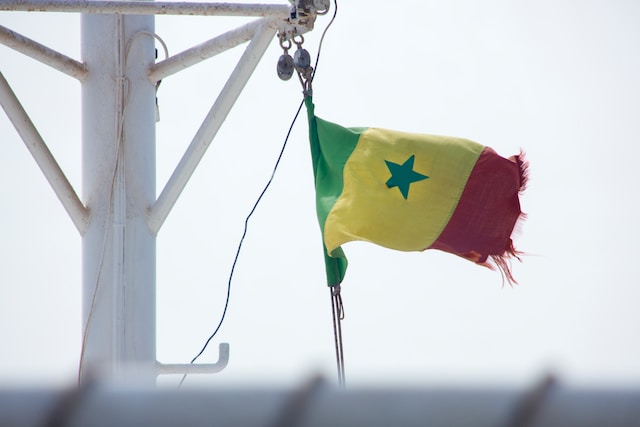The technical coordination of Senegal’s national statistics system falls under the National Agency of Statistics and Demography (ANSD) purview. Statistics for Senegal’s government, private sector, and development partners, as well as the general public, are compiled and disseminated here. Publications and other resources, like national statistics system regulations, are also available.

Senegal’s National Statistical System is coordinated technically by the National Agency of Statistics and Demography (ANSD, Agence Nationale de Statistique et de la Démographie). It is a government agency with its own separate identity and administrative independence, reporting directly to the Minister of Statistics.
These other articles might interest you:
- Alabama secretary of state business services division
- Washington Secretary of State Corporations division
What ANSD does
Namely, the Agency is accountable for:
Ensuring the development and implementation of multiannual and annual programs for statistical activities: With the help of the Technical Committee for Statistical Programming, the methodologies, concepts, definitions, standards, classifications, and nomenclatures agreed upon are used in every aspect of their work. It also helps in getting materials together for presentation at National Statistical Council and Technical Committee for Statistical Programs meetings. Planning for meetings of the National Statistical Council and the Technical Committee for Statistical Plans, as well as their respective sectoral subcommittees. Conducting nationwide inventory surveys, especially the decennial censuses of the populace and the business censuses.
Making the country’s books is an important task: The purpose here is to keep an eye on the agency in charge of economic forecasting in order to see how their predictions and projections are shaping up.
The goal is to provide economic, social, and population indices: The mission of the National Statistical System is to collect and disseminate statistics summaries from around the country. To do what it can to advance the statistical sciences and applied economic research.
Specifically, this agency aims to integrate a school with a regional or subregional vocation in order to facilitate the training of specialist employees for the operation of the national statistics information system through the organization of appropriate training cycles.
What the global partnership for sustainable development values most in a partner
Senegal’s government is excited to be a part of the champions group and is dedicated to helping the global partnership for sustainable development data use the data revolution to advance sustainable development.
Data is sparking a revolution in Senegal. Some fresh initiatives have emerged after a new strategic vision was implemented, with the goal of setting the country on the road to a rising nation. Initiatives like the National Employment Survey and the Rebasing of National Accounts will help create monthly statistics. Work is being done to make the DHS survey and the employee survey yearly traditions for gathering and sharing information. It enhances the collection and use of gender data and other gaps in SDG data, maps nation-level data gaps and announces new initiatives to fix those gaps, and creates a Roadmap/Action Plan for the country.
There has been a progression of measures implemented thus far. Senegal’s primary telephone company, SONATEL (ORANGE). Partnered with the ANSD and the ONE Campaign to make its Call Details Records (CDR) available to the research community for data mining and the creation of socio-demographic indicators. Participants from over 60 nations and hundreds of academic institutions used the publicly available data to solve the challenge. Winners of the Data for Development (D4D) challenge from the University at Buffalo in New York presented their presentations in Dakar in June with the support of PARIS21.
PARIS21 is an additional project focusing on the Senegalese investment agency ANSD. “cartography of investments and their outcomes for a better decision-making process” is the focus of that endeavor. The outcomes will be made public in October 2015. Senegal is likewise working on rebasing its national accounts to create more precise macroeconomic statistics.





